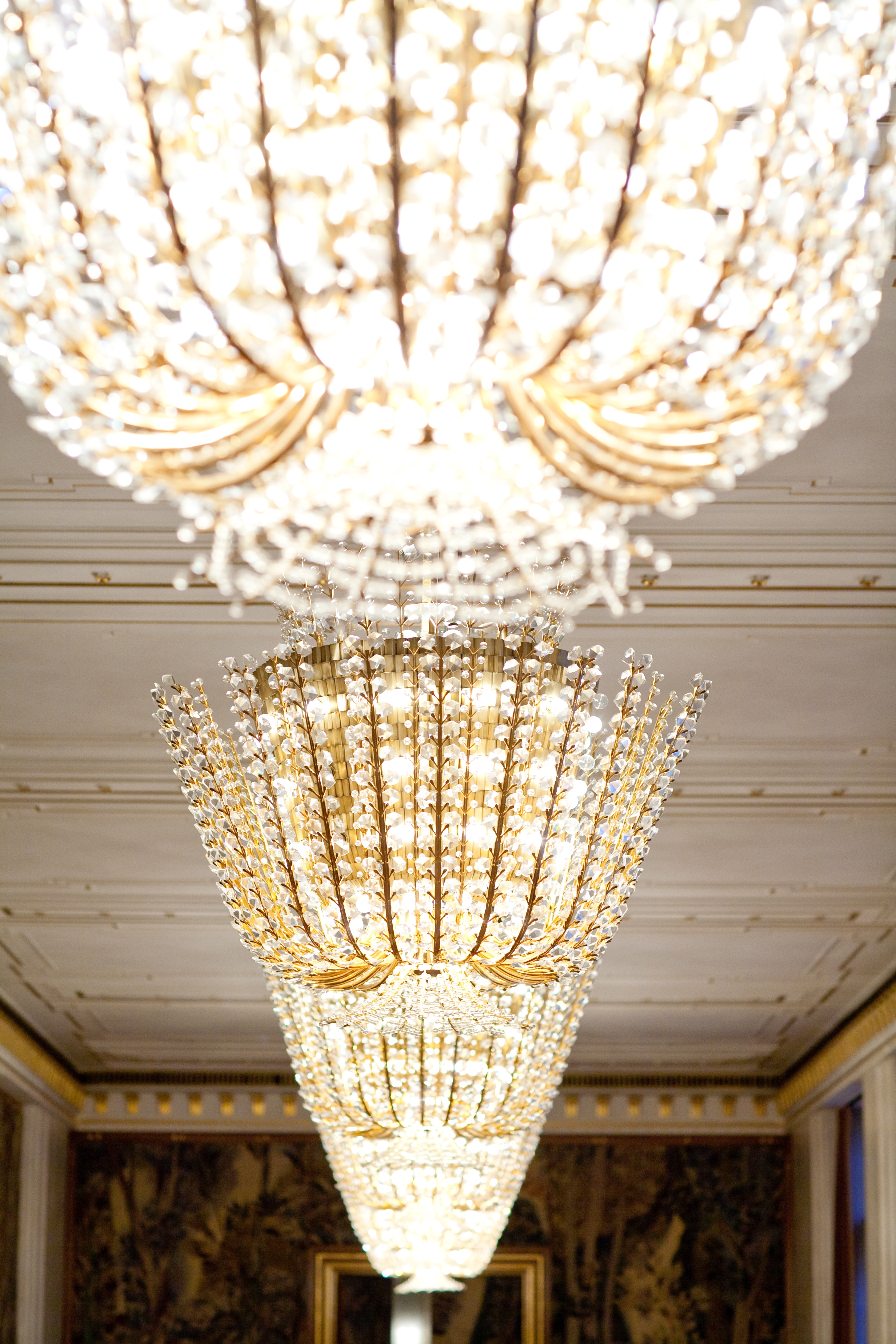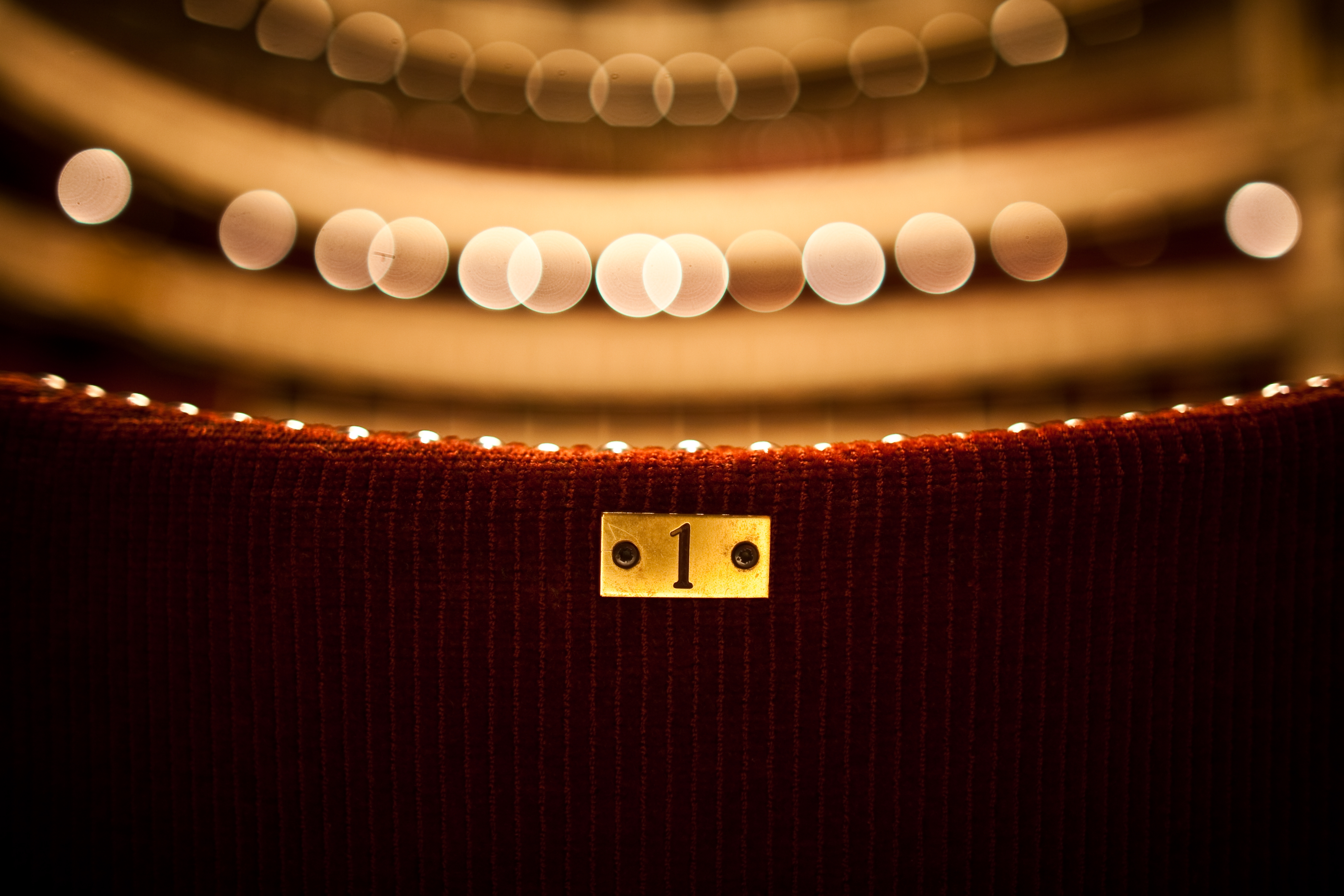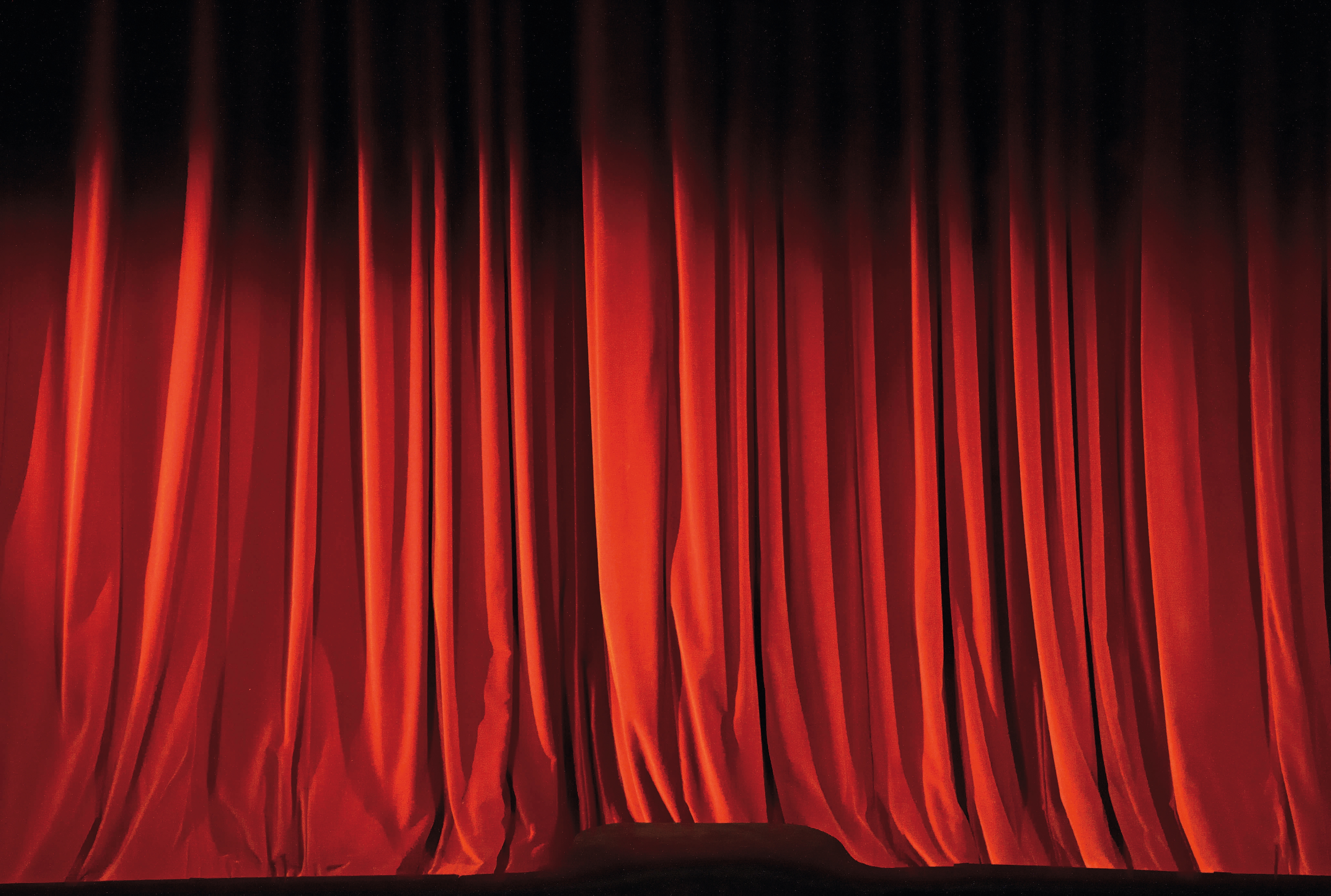
Short Summary
Four figures vegetate in a hostile, almost uninhabitable landscape: Clov and Hamm, Nagg and Nell.
Hamm, in a wheelchair, is served by Clov. Hamm's parents Nell and Nagg have been living in (garbage) cans since they lost their legs in a cycling accident. These four move between the continuous return of the unchangeable and the memory of "the past" by bullying and cajoling each other, conjuring and cursing, narrating and interrupting.
Storyline
1. Prologue: Roundelay
Nell sings a poem about steps on the beach at the end of the day.
2. Pantomime of the Clov
Hamm in his Rollfauteuil is covered with a sheet. Also two garbage cans standing in an empty room. Clov surveys the room. He fetches a ladder so that he can see out of the windows. He also looks under Hamm's sheet and laughs. Finally, he pulls the sheet off Hamm's armchair. Hamm's face is covered with a handkerchief.
3. Clov's first monologue
Clov ponders the end. He brings a parable into play: if you always put one grain on top of another, one day a heap is formed - "the impossible heap". He wants to go into his kitchen with its "pretty dimensions" - three meters by three meters by three meters - and wait there until Hamm whistles.
4. Hamm's first monologue
Hamm wakes up yawning: now it's his turn to play. Hamm ponders the extent of his suffering in relation to other suffering. Hamm expresses the need for an end "even in this shelter" and deals with his own reluctance to end. Finally, he decides he would rather go to sleep and blows his whistle. Clov, who comes in on the whistle, refuses to let him go to sleep: He had just let him up and had things to do.
5. Garbage can
The lid of one of the garbage cans opens and Nagg emerges. He knocks on the lid of the other one and Nell looks out. At Nagg's request, the two try unsuccessfully to kiss. This daily "comedy" goes against Nell's grain. Nagg has lost a tooth. The two check their senses: her eyesight has suffered, but her hearing has not. Nagg remembers the tandem accident in the Ardennes in which they both lost their legs. They have a great time.
Hamm complains about the noise they make, which prevents him from sleeping. He also complains about a drop in his head, "like a heart", as he says. This amuses Nagg, who is reprimanded by Nell: There is nothing funnier than misfortune, he says, but a joke that is told too often is no longer laughable. Nagg tells the joke about the tailor, the trousers and the creation of the world. While he is having a great time with the punchline, Nell is caught up in a memory of Lake Como, where they got engaged.
On Hamm's rebuke, Nagg disappears into his bucket. Hamm calls Clov to "throw them both into the sea". Clov takes Nell's arm and realizes that she no longer has a pulse.
6. Roman
Now Hamm wants to tell his story. He promises Nagg a dragee so that he will listen to him. The story is about a man who appeared crawling on his stomach on Christmas night to ask for food for his child or to ask Hamm to take him in. Hamm is dissatisfied with his own narrative. The story would require the introduction of more characters. He whistles for Clov, who explains that he has come across a rat in the kitchen. Its extermination was interrupted by Hamm's whistling. Hamm calls for prayer, but he, Nagg and Clov fail to pray. The existence of God is called into question. When Nagg demands his reward for listening, Hamm tells him that there are no more dragees.
7. Nagg's monologue.
Nagg compares the current situation with the time when Hamm was a child and called for him at night. He hopes that at some point a situation will arise again in which he is Hamm's only hope.
8. Hamm's penultimate monologue
Hamm expresses his sadness. He thinks of all those who have crawled out of every corner and whom he could have helped and saved. But then he reminds them that they are on earth and that there is no remedy. He weighs up his options and reflects on the end, which is already in the beginning. He varies the parable of the grains and the heap: The whole of life is spent waiting for it to become a life. He whistles for Clov.
9. Dialogue between Hamm and Clov
Hamm and Clov talk about their mutual dependence. The rat in the kitchen has escaped, says Clov. Hamm repeatedly asks Clov if it's not time for his tranquilizer, and Clov finally answers in the affirmative. But there is no more tranquillizer and there never will be.
10. "It's over, Clov" and Clov's vaudeville
It's over, Hamm explains: he no longer needs Clov. Clov should just leave him the boat hook. Before Clov leaves him, he asks him for a few words "from his heart". Clov sings him a vaudeville song.
11. Clov's last monologue
Clov muses on the order of things and the relationship between suffering and punishment, availability and freedom. Not being able to change his habits means that "it" will never end and he will never leave. He imagines an end that happens by itself. When he falls, he will weep with happiness.
12. Transition to the finale
Clov and Hamm formally thank each other. Hamm asks Clov to cover him with the cloth before he leaves, but Clov has already left.
13. Hamm's last monologue
While Hamm is trying to move away with the help of the boat hook, Clov comes back in dressed as a traveler. Hamm doesn't notice him.
Hamm wants to devote himself to the endgame that he has always lost, he doesn't want to lose any more. He returns to his story once again: he reminded the man who wanted to keep his little son with him of what the earth is now. And reminded him of his responsibility.
End of the novel
Hamm whistles once more, calling for his father. then he throws his whistle away and unfolds his handkerchief.
His music, says Herbert Fritsch, is gesture and grimace, and the combination of the two results in a score of gestures and grimaces for his productions. For Fin de partie, Herbert Fritsch has created a score that follows György Kurtág's composition in the same way in which Kurtág approaches Beckett's theater text: sensitively, attentively, with a sense for the details that lie beneath the surface - and can be quite surprising. The principle of this production can be described in terms of the "acting" stage, which Herbert Fritsch, as his own stage designer, designed himself as always: Everything that Beckett describes in his legendarily detailed stage directions, much of which György Kurtág adopted in his score, is somehow present. And yet the stage space goes its own way together with the performers - in the truest sense of the word.
György Kurtág's "Scènes et monologues" is a stunning variation on Samuel Beckett's absurdist play. His orchestra, with the largest (and most unusual) instrumentation, is encouraged to play the quietest, often chamber music-like moments, in dialog with just four soloists, for whom the composer has achieved something that was perhaps only possible through decades of study of Beckett's play: A tremendous precision in the expression of the incomprehensible as a musical penetration and reflection of language. As if in passing, Kurtág helps that aspect of Beckett's text that often had a difficult time in the existentialist performance tradition: the deep, dark, abysmal humor.
György Kurtág had seen Beckett's Fin de Partie in Paris in 1957, the year of its premiere, and had been working on the work ever since; he once said that, together with Waiting for Godot, it was his "bible". Kurtág wrote the opera between 2010 and 2017, and the work was premiered at La Scala in Milan in 2018. Kurtág, who made his debut as an opera composer with Fin de Partie at the age of 92, described the premiere version as a "versione non definitiva". The dramaturgically convincing composition was based on around two thirds of Beckett's play; the composer wanted to reserve the right to set further parts of the text, which was so important to him, to music. The Austrian premiere at the Vienna State Opera in October 2024, the third new production of the work, is also based on the "versione non definitiva": it is not impossible that Kurtág, who continues to compose regularly, will set further "scenes and monologues" from Beckett's play to music.







